The Ripple Effect
-News and Commentary-
God’s Country: When Faith Becomes a Flag and the Flag Becomes a God
- Home
- News and Commentary
- God’s Country: When Faith Becomes a Flag and the Flag Becomes a God
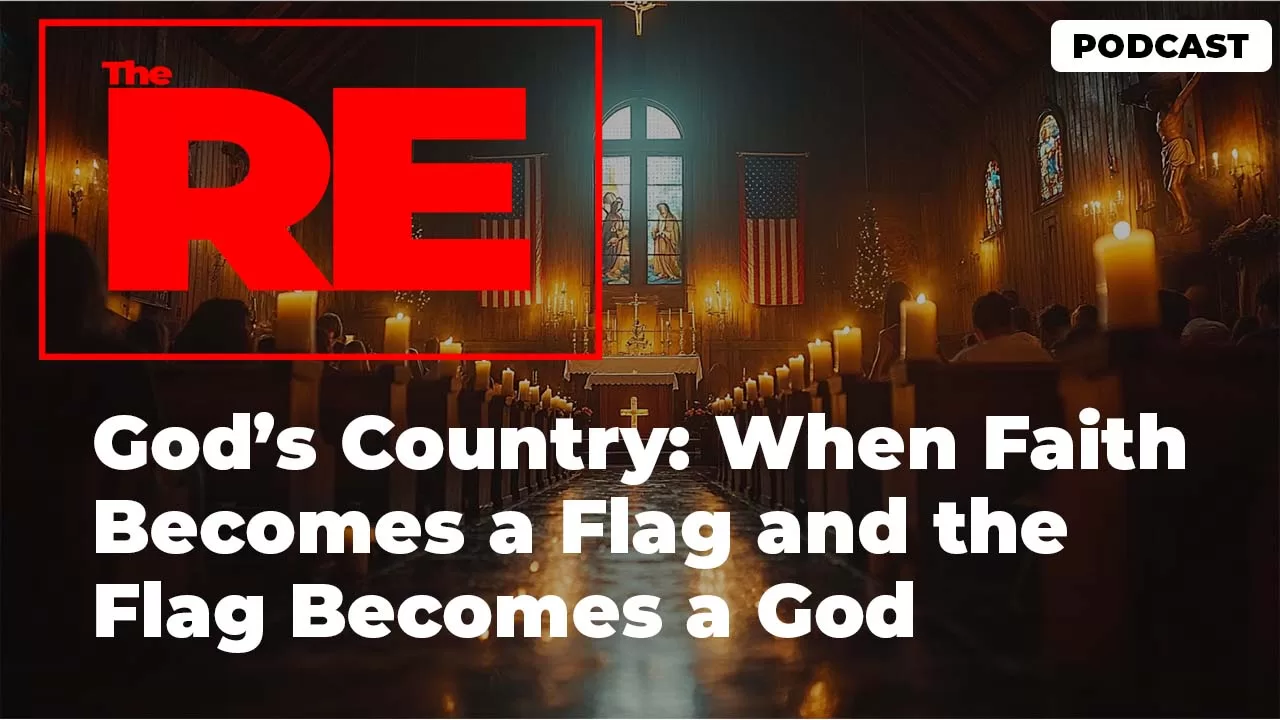
There are churches across this country where the cross has quietly been replaced by the flag. You walk in, and instead of reverence, you feel politics. Instead of scripture, you hear slogans. And instead of humility, you get certainty. Loud, unapologetic certainty.
In these churches, Trump isn’t just a man. He’s become a symbol. Not for faith, but for ownership. For many of the people filling those pews, he’s the embodiment of a world they feel slipping through their fingers. A world where they were the default. Where everything made sense. Where they didn’t have to explain themselves or share the stage or even think too deeply about what fairness really meant.
Now, look—none of this happened overnight. This is a slow-moving transformation we’ve been watching for years, even if we didn’t want to name it. Faith, in this country, has been shifting. It’s been moving away from something private, sacred, and deeply personal—and inching toward something political. Something performative. Something that doesn’t just live in people’s hearts but tries to dictate how everybody else lives too.
And that’s where we are now. We’re watching religion morph into something strategic. Faith has become a flag. A brand. A kind of national costume people wear to claim authority, or claim victimhood, depending on the day.
Trump didn’t create this movement. He just knew how to speak to it. He saw a country full of people feeling forgotten. People watching their neighborhoods change, their jobs disappear, their kids grow up with different values. And instead of offering real solutions, he offered something way more powerful: permission. Permission to be angry. To feel superior. To remember a time when their world felt “normal,” even if that normal excluded everyone else.
He didn’t offer policy. He offered nostalgia—wrapped in scripture. And for a lot of folks, that was enough.
That’s the thing. When people are afraid, and they don’t feel educated enough to challenge systems or interrogate power, they grab hold of whatever makes them feel secure. And history tells us, over and over again, that one of the most effective tools for controlling people isn’t force—it’s faith. Or at least, the illusion of faith.
Go back to the Crusades. Go back to colonization. Look at how Christianity was used to justify slavery, to legitimize Jim Crow, to pave the way for Manifest Destiny. Look at how religion became the shield for conquest and the moral cover for genocide. That’s not anti-religion—that’s just history. That’s how power works when it wants to look righteous while doing harm.
And that’s what we’re dealing with today. That same pattern. A movement that’s less about theology and more about authority. Less about God and more about keeping a certain kind of American identity on top.
We’ve got people screaming about freedom while banning books. Demanding truth while silencing educators. Preaching about family values while voting against food stamps and housing assistance and every policy that actually helps families survive.
This is not about belief. This is about branding. This is about what happens when religion stops being sacred and starts being useful to the people trying to hold on to power.
And the scariest part? It’s not just that they believe in Trump. It’s that they’ve started to believe through him. That their political identity is now indistinguishable from their spiritual one. That opposing him isn’t just political—it’s heresy.
So what do you do with that? How do you respond when belief becomes weaponized? When obedience becomes the expectation? When people would rather burn the system down than share the table?
That’s what this piece is about.
It’s about a country trying to baptize its grief.
It’s about people who feel like they’re losing everything they once had, and are willing to call the ashes holy if it means not having to accept change.
This isn’t new. It’s just louder. And now it’s got a pulpit, a platform, and in many ways, a presidency.
Let’s talk about how we got here.
Let’s go back before Trump. Let’s go back centuries. Let’s talk about how conquest always wore a cross when it wanted to look clean. Let’s break down how this country keeps using faith to tell stories that justify domination.
Because once you see that pattern—you can’t unsee it.
And if faith is going to be part of the story, then it’s time to ask:
Who’s actually speaking for God?
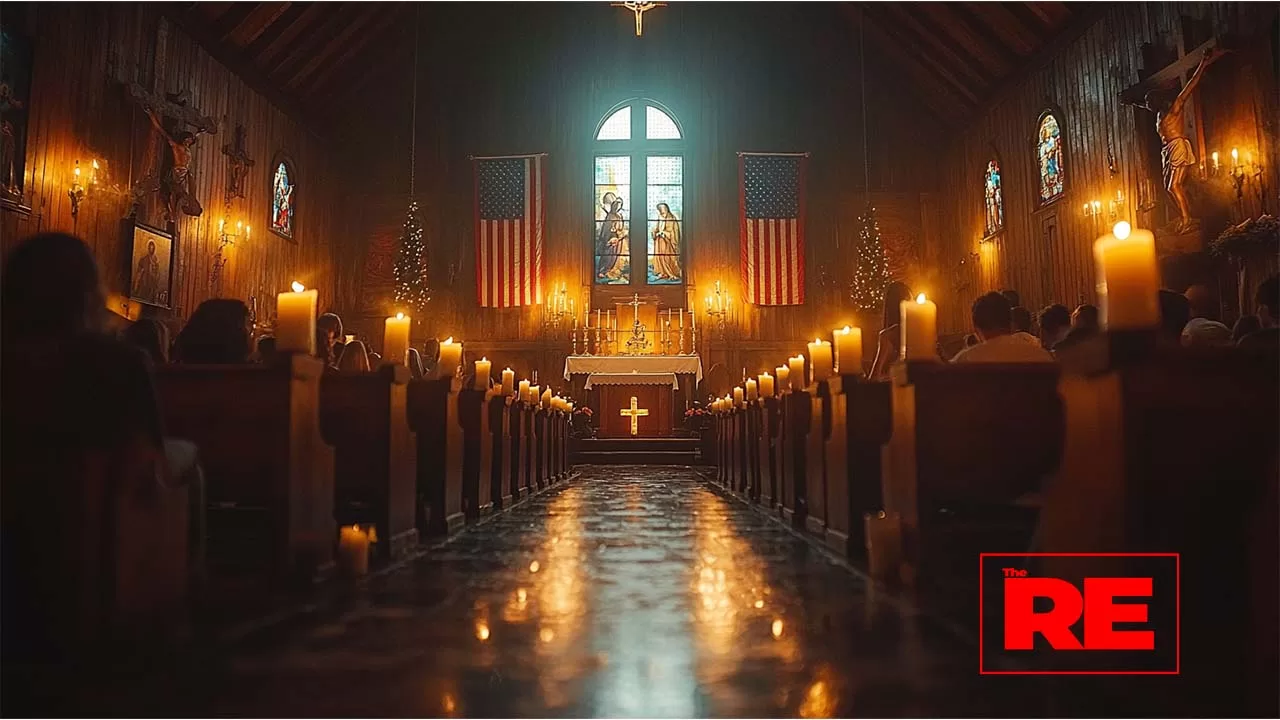
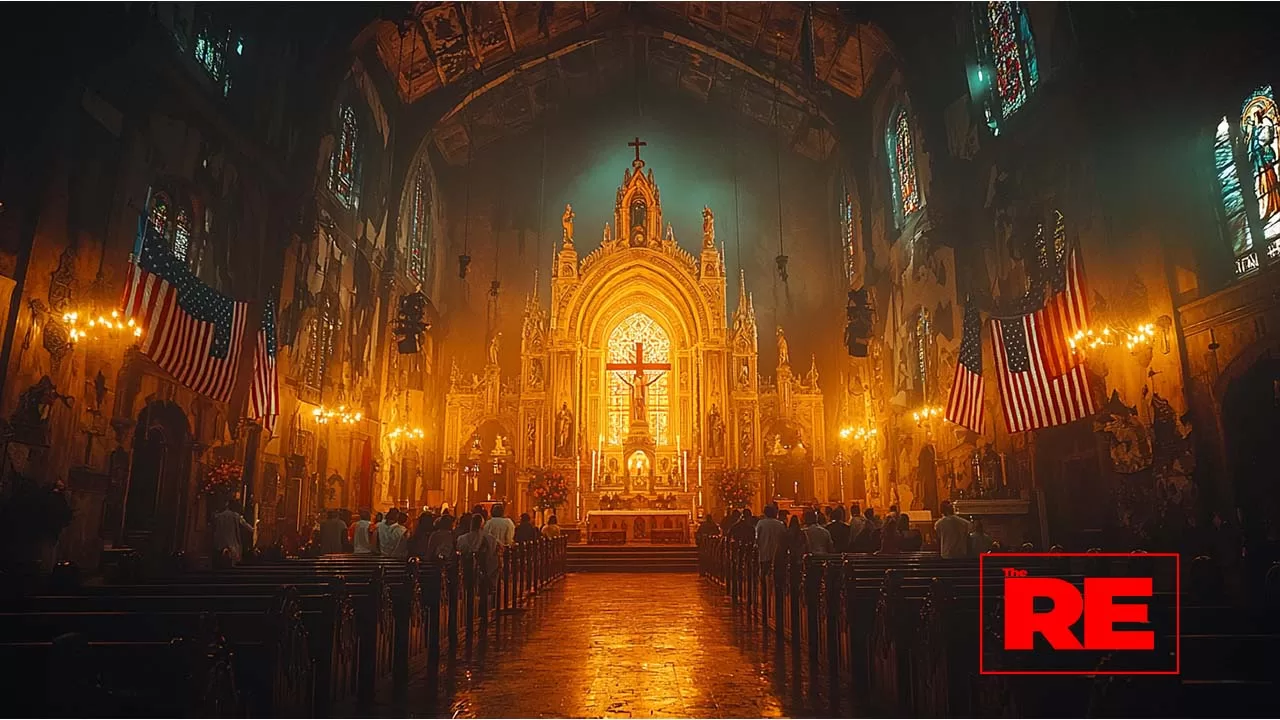
If you go far enough back, you’ll start to notice something strange. Almost every major act of violence in Western history—if it lasted long enough or killed enough people—eventually got blessed by somebody’s God. The Crusades weren’t just wars. They were pilgrimages. Holy missions. Men rode thousands of miles with swords and crosses on their backs, believing they were saving souls by taking land. Killing for Christ.
Colonization followed the same pattern. European nations sailed across oceans not just for gold or trade routes—they brought missionaries. They brought Bibles. They told entire continents their cultures were savage and that salvation could only be found through surrender. And somehow, the gospel always came with a flag attached to it.
In America, we called it Manifest Destiny. The idea that this land—stolen, occupied, already full of people—was somehow given to white settlers by God himself. That expansion was sacred. That the suffering of others was just the price of progress. You fast-forward through slavery, Reconstruction, Jim Crow, and you see it again: faith, over and over, being used not to liberate—but to legitimize. To make injustice feel divine. To make resistance feel sinful.
And here we are in 2024. And the pattern hasn’t changed—it’s just wearing a red hat instead of a robe.
Christian nationalism is not a fringe belief anymore. It’s a political movement. A voting bloc. A legislative engine. It’s senators quoting scripture while stripping away rights. It’s school boards banning books in the name of “family values.” It’s pastors telling their congregations that Democrats are evil, Black Lives Matter is demonic, and any attempt at racial equity is Marxist brainwashing.
And it’s not even subtle. You can go on social media right now and find clips of entire churches chanting Trump’s name from the pulpit. People laying hands on cardboard cutouts of him like he’s been anointed. These aren’t cults in the woods. These are suburban megachurches—institutions with non-profit status, security teams, and YouTube channels with millions of views.
This isn’t about theology anymore. It’s about branding. God, guns, and country. That’s the holy trinity now.
And Trump? He’s not a moral leader. He’s not studied, or humble, or even remotely spiritual. But he understands iconography. He knows how to perform power. He gave white conservative America something they hadn’t had in a while: someone who fought for them, lied for them, raged for them—without apology. And in return, they gave him something even more valuable: religious immunity. It didn’t matter what he did, how he spoke, or who he hurt—because he stood at the center of their cultural grief and told them, “You’re still the chosen ones.”
He told them the decline they felt wasn’t their fault—it was the fault of immigrants, feminists, liberals, and people of color. He told them they didn’t have to grow. They just had to fight. And suddenly, salvation looked like a fist instead of a hand.
This is the moment we’re in. Where white Christian nationalism is no longer just part of the conversation—it’s setting the agenda. Books are being banned. Teachers are being surveilled. Trans kids are being targeted. And all of it is being wrapped in religious language.
But make no mistake—this isn’t about Jesus. It’s about power. It’s about hierarchy. It’s about keeping the old America on life support through divine performance. Because if they admit the country is changing—if they admit that it’s no longer theirs alone—they might have to grieve. And grieving would mean letting go.
So instead, they cling to a weaponized version of faith. One that doesn’t ask them to change. One that doesn’t ask them to serve. One that says: “You were right all along. God is on your side. Now fight like it.”
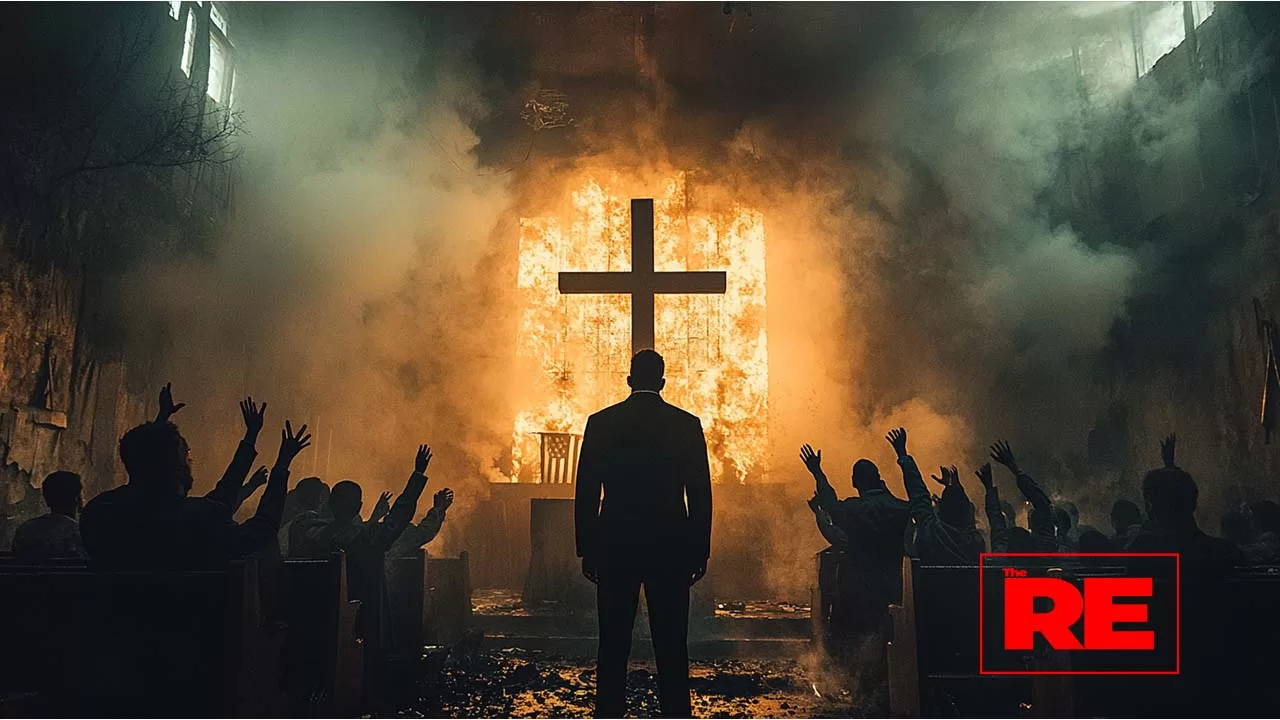
So now we’ve got churches that feel like campaign stops, laws that read like sermons, and a country where “God” gets invoked more often on the Senate floor than in Sunday school. But this isn’t just happening in the abstract. This isn’t just rhetoric floating in the air. It’s shaping real life.
Let’s talk about what that looks like. It looks like abortion bans that don’t make room for rape, for incest, or even for the life of the mother—all in the name of a “Christian nation.” It looks like LGBTQ+ kids growing up in states where their identities are being criminalized, erased, or treated like moral failures. It looks like voter suppression laws that just so happen to target communities of color—passed by politicians who talk about “God’s will” like it’s a campaign promise. And it looks like January 6th. Where crosses and Confederate flags marched side by side. Where “Jesus Saves” banners waved over broken windows and tear gas. Where people beat police officers and then bowed their heads in prayer. That wasn’t an anomaly. That was theology made visible. That was Christian nationalism stepping out of the shadows and saying, “We are the country.”
But here’s what a lot of people miss—this isn’t happening in isolation. This American version of politicized faith? It looks real different from what’s happening globally. Take Pope Francis, for example. During his tenure, he preached climate justice. He condemned greed. He called for compassion over condemnation. He washed the feet of prisoners and immigrants and refugees. He wasn’t trying to win a culture war—he was trying to hold on to humanity.
In Latin America, in parts of Africa, and in global faith movements outside the U.S., there’s a shift happening. A move toward justice. Toward equity. Toward the kind of gospel that confronts power instead of aligning with it. So while America leans deeper into control, deeper into punishment, deeper into division dressed up as devotion—other parts of the world are asking what faith looks like when it chooses mercy instead of dominance.
That contrast matters. Because it proves that belief doesn’t have to look like this. That religion doesn’t always lead to oppression. That faith can liberate just as much as it can manipulate—but only when it’s rooted in truth. Only when it’s separated from the thirst for power.
And maybe that’s the scariest question we’re facing right now: what happens when belief is built on power instead of truth? What happens when people stop seeing God as love and start using him as leverage? What happens when a whole nation starts confusing their political comfort with divine right?
The answer is what we’re living through. A spiritual war. Not between good and evil. But between power and purpose. Between memory and accountability. Between a God who welcomes and a God who only protects the chosen.
And as this battle plays out, every one of us has to decide what we actually believe in. Not just who we vote for. Not just what we post. But what we hold sacred. Because if we’re not careful, we won’t just lose the separation of church and state—we’ll lose the ability to tell the difference between the two.


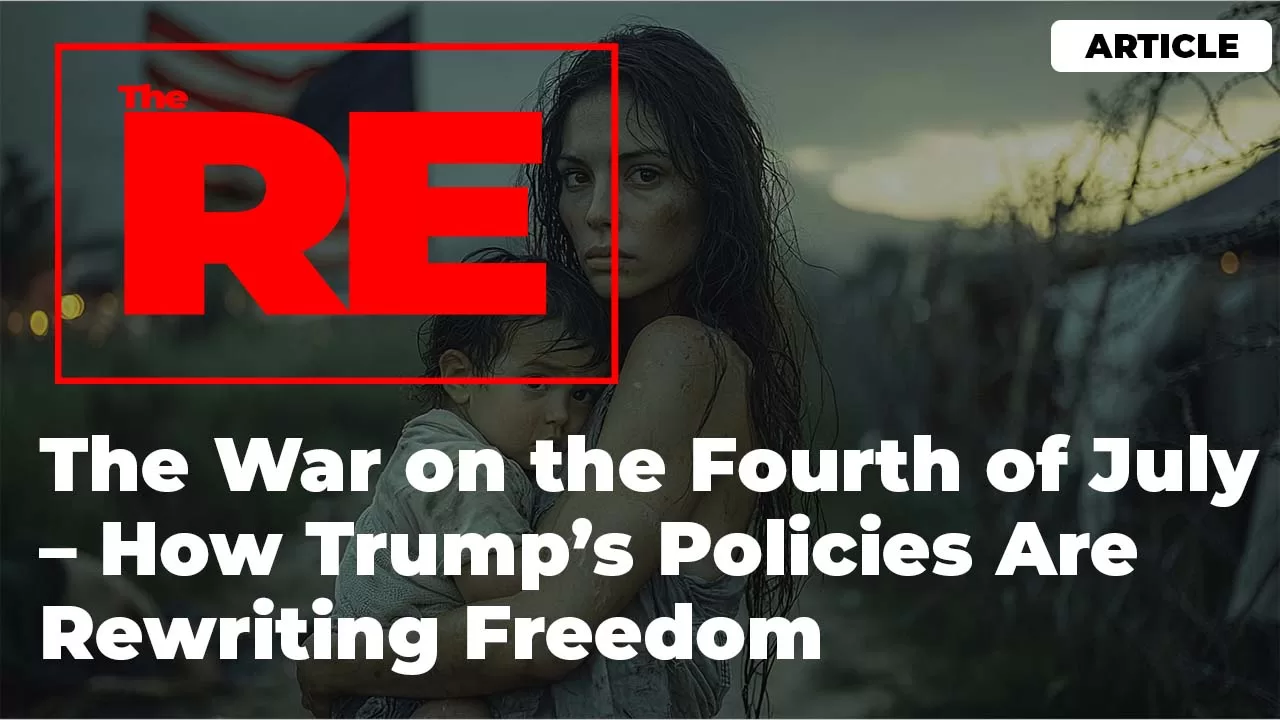
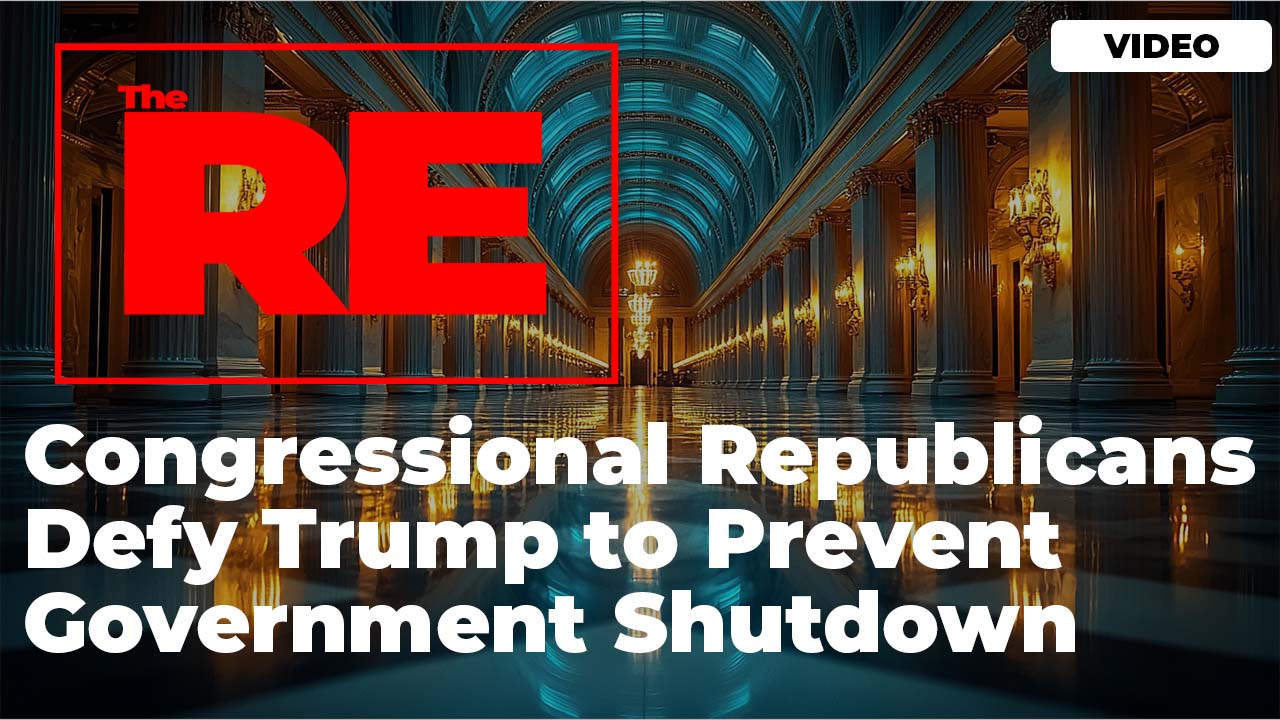


 and then
and then